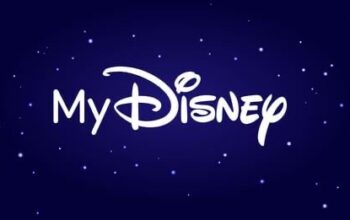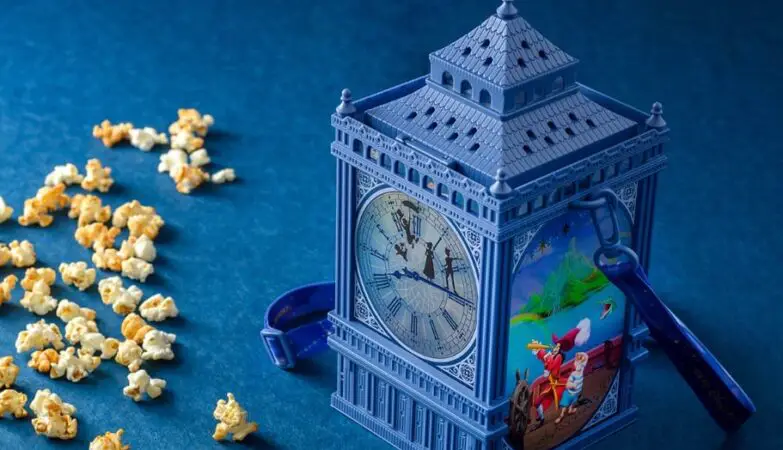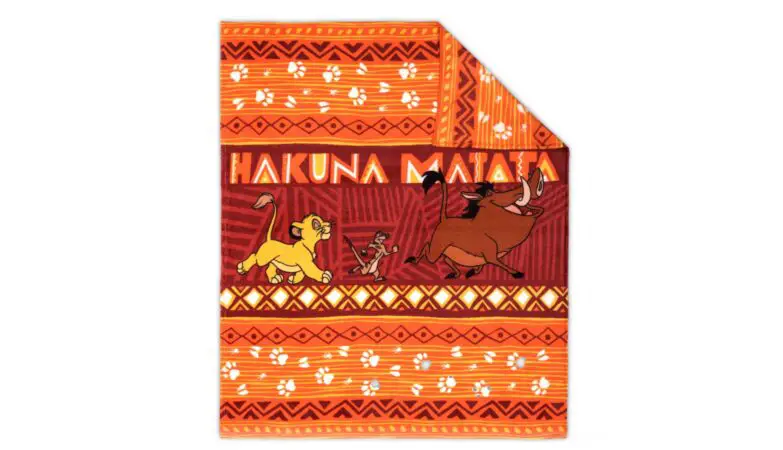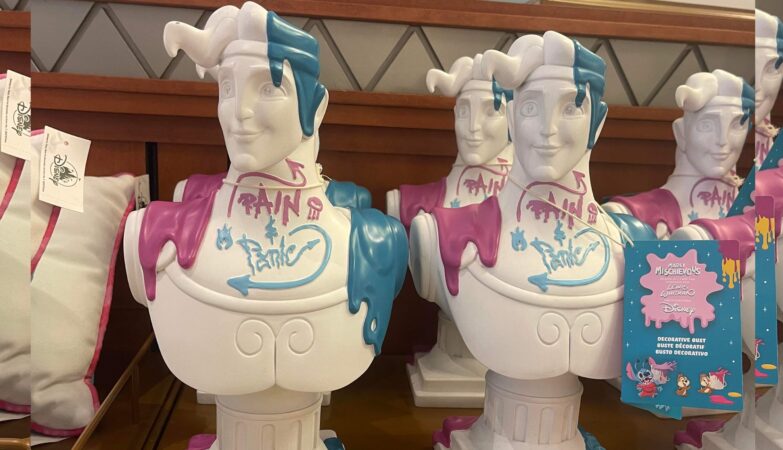
The Walt Disney Company is looking to cage a high-stakes lawsuit that accuses the studio of copying work to create the Oscar-winning animation film “Zootopia”. On Monday, Disney brought a motion to dismiss a complaint from Esplanade Productions and characterized the Zootopia lawsuit as “just another example in a long history of plaintiffs coming out of the woodwork after a motion picture has achieved critical and financial success to claim credit — and proceeds — where none is due.”
A California federal judge will decide whether Esplanade gets to move forward on its claim that Gary L. Goldman pitched work to defendants only to have his treatment, synopsis, character descriptions, character illustrations and other materials misappropriated. Goldman is represented by the prominent law firm of Quinn Emanuel and his credits include writing “Total Recall” and “Next” and producing “Minority Report”. Disney’s view of the “Zootopia” suit as “just another” money grab is somewhat belied by its choice of Daniel Petrocelli, a power litigator at O’Melveny, to lead the defense.
Disney is treating the case seriously, although Petrocelli takes a rather straightforward approach in seeking dismissal by arguing that Esplanade’s complaint hasn’t plausibly demonstrated enough substantial similarity between “Zooptopia” and Goldman’s work, dubbed Looney. Disney’s lawyer ignores Goldman’s alleged contacts with Disney executives — which is important, because where a high degree of access is shown in copyright cases, a lower standard of proof of similarity is necessary — and instead faults the plaintiff for not attaching its synopsis, treatment or copyright application, “thereby preventing both the Court and Defendants from performing a complete side-by-side comparison.”
In light of this absence, Disney reads into the complaint, for example “deduc[ing] from the sparse allegations that Looney’s hero is actually a human animator.”
Petrocelli attempts to emphasize dissimilarity.
“Looney is a treatment and synopsis for a live-action picture about the struggles and growth of a male human animator who creates a world of animated characters,” he writes. “Zootopia is an animated motion picture about a bunny protagonist who interacts only with anthropomorphic talking animals. There are no humans, and there is no live-action component.”
The dismissal motion also looks to knock Esplanade for merely pleading “similarity of high-level ideas” (as copyright protects expression, not ideas). “Plaintiff’s allegations really only describe a buddy movie that features two contrasting protagonists who partner to solve a problem in the face of adversity, precisely the kind of ‘basic plot idea’ that courts have consistently dismissed as unprotected,” states the motion.
Disney also aims to undercut allegations regarding the similarity of characters, both on a broad level (“the mere use of animated animals in motion pictures is unprotected by copyright law and cannot sustain a claim of substantial similarity”) as well as on a granular one: “Judy [from Zootopia] is a rabbit; Mimi [Goldman’s creation] is a squirrel. Judy is shown wearing a police officer’s uniform; Mimi wears no clothing at all. Judy is a complex three-dimensional, full color, computer-animated character; Mimi is a two-dimensional hand drawing. No reasonable juror could view these two characters and conclude that they are substantially similar.”
Then, there’s the fact that the complaint alleged that in some fashion, Goldman used or pitched “Zootopia” for his own work.
Disney considers precisely how Goldman used the word to be vague. Notwithstanding this, the defendants say that “Zootopia” has been applied in other real-world contexts.
“For example, since at least 2012, the name ‘Zootopia’ has been associated with a zoo in Denmark,” states the dismissal motion. “And it has been used since 1999 as the name of a New York area radio station’s annual concert series. Plaintiff’s insinuation that it alone created and coined the term is flatly wrong. Anyway, as Plaintiff readily admits, ‘[t]itles…[are] not independently copyrightable.”
Such might be true, although in light of other associations highlighted by Disney, it bears noting that the studio earlier this month was granted a trademark registration certificate on “Zootopia.”
As for copyright registration (copyright protects authorship while trademark protects the sourcing of goods and services), Disney says that Esplanade’s failure to register until Feb. 10, 2017, after “Zootopia” was released, bars the plaintiff from recovering its attorneys’ fees and statutory damages. That might be a moot point anyway because with ”Zootopia” commanding more than a billion dollars in box-office revenue, the plaintiff may elect actual damages instead.
Do you think that the Zootopia Lawsuit should go to court?

Let our friends at Destinations to Travel help you book your next Disney Vacation. They are the preferred Travel Agency of Chip and Company and Disney Addicts, and who we use ourselves.
Get started below for your FREE No Obligation Quote.
Book With our friends at Destinations to Travel
For the BEST in Disney, Universal, Dollywood, and SeaWorld Theme Park News, Entertainment, Merchandise & More follow us on, Facebook, Instagram, and Youtube. Don't forget to check out the Chip and Company Radio Network too!







